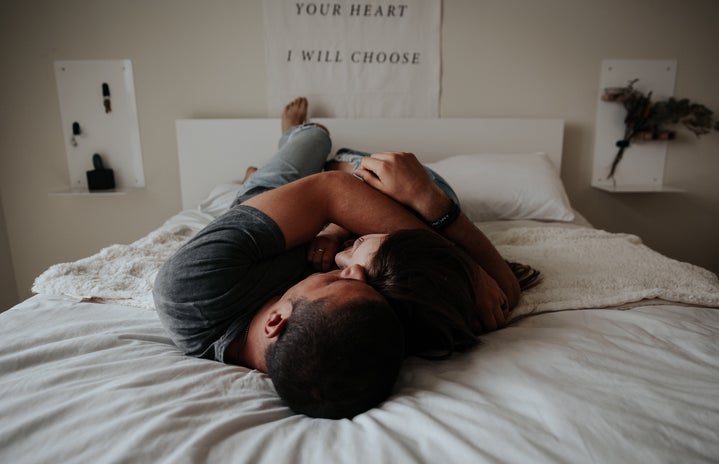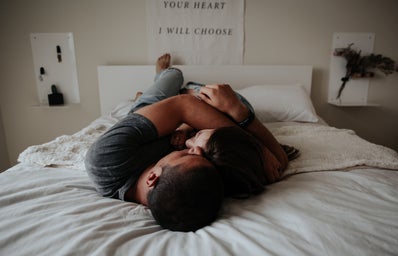It’s the season of love and people are clamoring to find a valentine. Some already have theirs but are wondering if their valentine is in it for the long haul. Magazines, friends, family and the internet have all contributed to the frenzy of worry and paranoia regarding romantic relationships. Are there phases to these relationships? Do opposites really attract? Are we really in love?
Phases
If you’ve ever used trusty Google to look for answers, I’m sure you’ve stumbled upon the various supposed “phases” of a relationship (i.e. the honeymoon phase). Excuse me, what? Romanticizing falling out of love with your partner is what you’re doing when you accept that your relationship will go through these phases. The ending of the honeymoon phase suggests that you’ll start to like your partner less after a given amount of time. Is that really the purpose of being in a relationship? To fall in love to inevitably end up conflicted. No, honey. Life isn’t a Taylor Swift song and you certainly aren’t Taylor Swift (she’s truly powerful but that’s a different story). What about “if you want to keep them, treat them like you’re still trying to win them?” Well, she’s a little confused but she’s got the spirit. The idea of this saying is basically showing love to your partner as often as you can, and if anything, this suggests just how phony and unrealistic relationship phases really are. Love your partner to the fullest for however long you can.
Opposites attract
Almost everyone has heard people say that opposites attract, but how true is that really? Couples who may seem like opposites on the surface usually have a lot more in common than meets the eye. The tragic truth is that if two people do not have anything in common, they’ll usually have a tough time keeping that relationship going. Sure, you might like chocolate ice cream and they like vanilla, but what if they want children and you don’t? Big differences, like political views, can cause conflict, and if you say you’re willing to put up with that, you’re setting yourself up for a toxic relationship.
You NEED to be exactly the same
Another common misconception people have is that if you don’t like exactly what your partner likes, you aren’t truly in love. I mean, down to the nitty-gritty details.
That is impractical. It might be ideal if your basic morals and values are similar, but you do not need to have the same favourite colour, like the same music or finish each other’s sandwiches… err, sentences. You can be your own person and still be in love with someone who is somewhat different from you. Your hobbies and interests can be different but it’s important that your views or interests intersect at a certain point so you have SOMETHING to talk about.
Love at first sight
Romeo sees Juliet. Romeo gets horny and says he’s in love. The concept of love in this context suggests lustful feelings are what love is. But if lust is its own feeling, how can it be love? Also, at first sight, infatuation can be understood but cannot be equated with love. How are you sure you love that person without getting to know them? Just because you feel it in your pants doesn’t mean you feel it in your heart.
Bodies are forever changing and as you age, infatuations wear off. This proves all the more that you cannot truly care for someone based only on how you feel about their looks. You cannot truly love someone by just admiring their appearance – you’ll end up creating a false personality for them in your head and say you’re in love when you’re really in love with your own creation. This doesn’t mean you have to ignore these feelings entirely, I’m just saying not to jump to the conclusion that you are in love right away
At the end of the day, no relationship is the same since everyone is different. It’s important to remember that stuff you read online or hear from other people is not always applicable to your relationship. Your relationship will be what you and your partner make of it, so give it your all in the best way you can!


